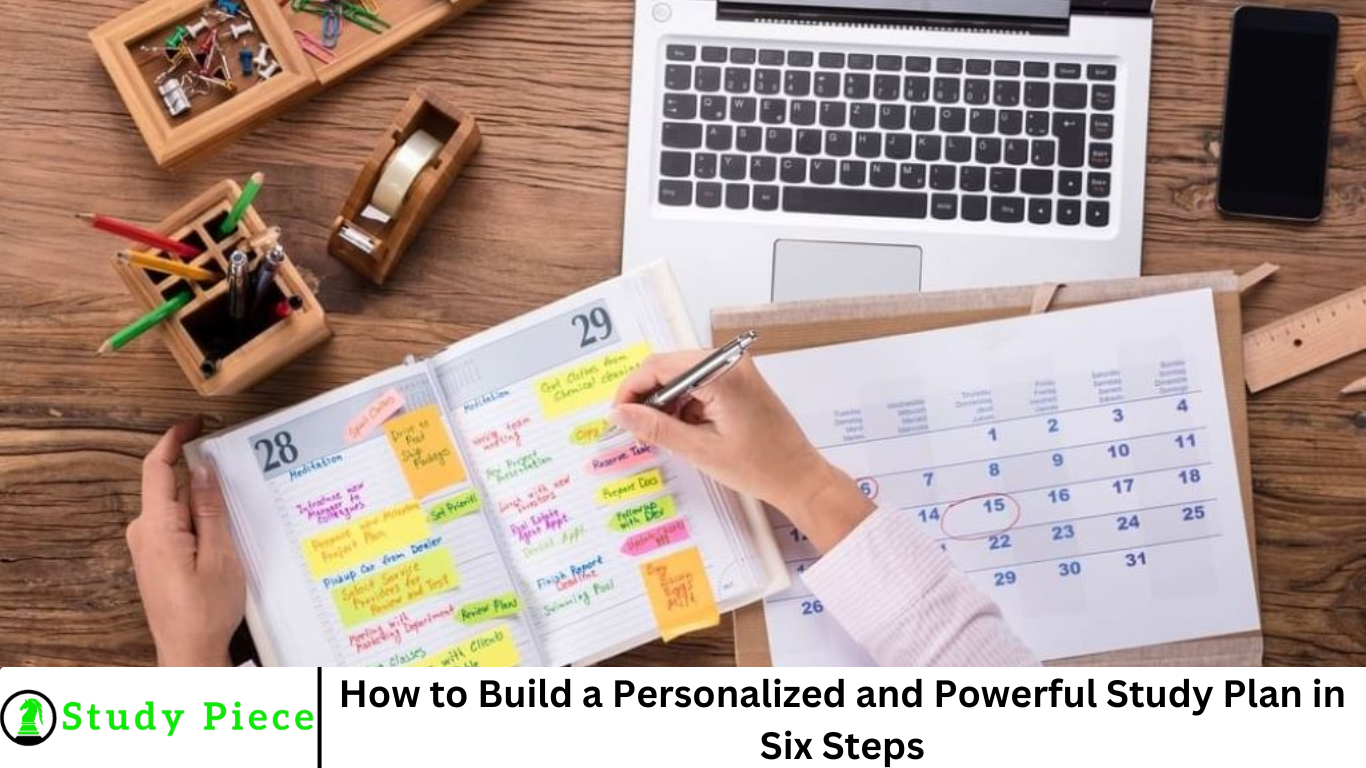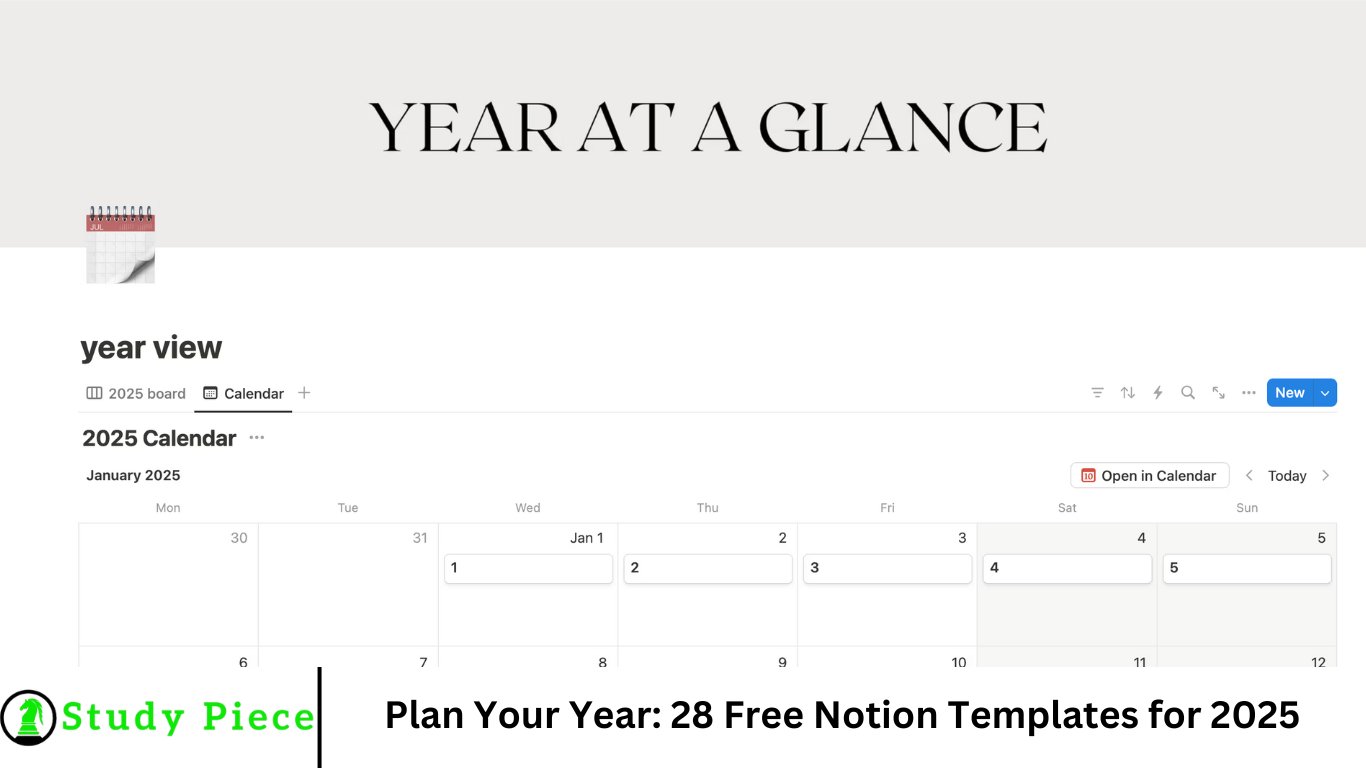Preparing for exams can be stressful, overwhelming, and exhausting—but it doesn’t have to be. With the right strategies, study habits, and mindset, you can boost your academic performance, reduce anxiety, and walk into your exam with confidence.
Whether you’re a high school student facing final exams, a college student preparing for midterms, or a professional tackling certification tests, these 10 tips to help you prepare for exams will guide you toward success.
More Read: How to Juggle Studying and Having a Social Life During Exams
1. Create a Study Schedule and Stick to It
One of the most effective ways to prepare for exams is to create a structured study schedule. Start by identifying how many days or weeks you have until your exam. Break the syllabus into manageable chunks and assign specific topics to each day. Make sure to allocate time for revision, breaks, and practice tests.
Use tools like Google Calendar, Todoist, or simple planners to visualize your study time. Consistency is key. Even studying for 2–3 hours daily can make a big difference if done regularly.
Pro Tip: Follow the Pomodoro Technique—study for 25 minutes, then take a 5-minute break. After four sessions, take a longer 15–30-minute break to stay focused and avoid burnout.
2. Choose a Study Environment That Minimizes Distractions
Your study environment plays a crucial role in how well you retain information. Find a quiet, well-lit space where you feel comfortable and focused. Avoid studying on your bed or in overly noisy places like busy cafés unless that helps you concentrate.
Turn off notifications, put your phone on Do Not Disturb mode, and use apps like Forest or Stay Focused to reduce distractions from social media or games.
3. Use Active Learning Techniques
Passively reading textbooks isn’t the most effective way to prepare. Engage in active learning by summarizing material in your own words, teaching others, or using flashcards. Techniques like retrieval practice (recalling facts from memory) and spaced repetition help transfer knowledge from short-term to long-term memory.
Try using tools like Anki or Quizlet for digital flashcards. These platforms leverage spaced repetition to help you retain information efficiently.
4. Practice Past Exam Papers and Sample Questions
Doing past exam papers is one of the best ways to prepare. Not only do they give you a feel for the question types, but they also help improve your time management skills.
Set a timer and attempt these papers under exam-like conditions to assess your readiness. Review your answers thoroughly and identify weak areas that need improvement.
Most educational institutions have archives of past papers. Use them along with official exam board websites and online resources.
5. Stay Organized with Notes and Study Materials
Good note-taking helps you understand and revise faster. Use methods like the Cornell Note-taking System, mind mapping, or bullet journaling to organize your study material.
Digital tools like Notion, OneNote, or Evernote can help you keep everything in one place and access notes on multiple devices.
Organized notes make last-minute revisions far less stressful.
6. Focus on Understanding, Not Memorizing
Memorizing facts without understanding them can lead to confusion during the exam. Instead, aim to understand the underlying concepts. This makes it easier to apply knowledge in unfamiliar or complex situations.
For subjects like math and science, focus on solving problems and understanding the logic behind formulas. For theory-based subjects, break down complex ideas into simpler terms and explain them aloud or write short summaries.
7. Take Regular Breaks to Improve Retention
Long study sessions can lead to fatigue and reduce your ability to retain information. Take regular breaks to allow your brain to absorb and process what you’ve studied.
Incorporate short walks, stretching, light exercise, or meditation into your breaks to refresh your mind. This helps boost focus and productivity in your next session.
8. Stay Healthy: Sleep, Nutrition, and Exercise
Your brain functions best when your body is well taken care of. Avoid pulling all-nighters and ensure you get 7–9 hours of quality sleep. Sleep plays a vital role in memory consolidation, which is essential for learning.
Eat nutritious meals rich in omega-3 fatty acids, fruits, and vegetables. Stay hydrated and avoid too much caffeine or junk food. Regular exercise, even a 20-minute walk, can boost cognitive function and reduce stress.
9. Join a Study Group for Collaborative Learning
Studying with peers can be incredibly helpful. A study group allows you to share ideas, quiz each other, clarify doubts, and keep each other motivated.
Make sure your group stays on track with goals and doesn’t become a social distraction. Use collaborative tools like Google Docs or Zoom for virtual group studies if you’re studying remotely.
10. Stay Positive and Manage Exam Stress
Your mindset can make or break your exam performance. Practice positive affirmations, visualize success, and remind yourself of past achievements to boost confidence.
Use relaxation techniques like deep breathing, meditation, or yoga to manage exam anxiety. If you’re feeling overwhelmed, talk to a friend, family member, or school counselor.
Apps like Headspace or Calm offer guided meditations specifically designed to manage stress.
Bonus Tip: Start Early and Revise Often
The earlier you start preparing, the less pressure you’ll feel as the exam date approaches. Last-minute cramming might work for some, but it’s not reliable for long-term retention or understanding.
Review topics regularly, even months before the exam, and revisit them periodically using spaced repetition.
Frequently Asked Question
What is the most effective way to start preparing for exams?
Start by creating a realistic study schedule that breaks down your syllabus into manageable sections. Prioritize difficult topics first, and incorporate regular revision and practice tests into your routine.
How many hours should I study per day for exams?
It depends on your goals and timeline, but 2–4 focused hours per day is a good starting point. Quality of study matters more than quantity—short, concentrated sessions are more effective than long, distracted ones.
How can I avoid distractions while studying?
Choose a quiet study environment, put your phone on Do Not Disturb, and use focus-enhancing apps like Forest or Cold Turkey. Removing visual and digital distractions is key to maintaining concentration.
What are the best techniques to retain what I study?
Use active recall, spaced repetition, and summarization techniques. Teaching the material to someone else or using flashcards can greatly improve long-term retention.
How can I reduce exam stress and anxiety?
Prepare early, follow a structured plan, and practice mindfulness or meditation. Getting enough sleep, eating well, and exercising regularly also play a huge role in managing exam-related stress.
Are study groups better than studying alone?
Study groups can be helpful for discussion, motivation, and peer learning, but they work best when everyone is focused and the group is well-organized. Combine both solo and group study for the best results.
What should I do the day before the exam?
Avoid cramming. Instead, review key points, relax, and get a full night’s sleep. Eat a healthy meal, stay hydrated, and gather your exam essentials to minimize last-minute stress.
Conclusion
Preparing for exams requires more than just hard work—it’s about studying smart. These 10 exam preparation tips can help you build a personalized, effective study routine that maximizes your strengths, tackles your weaknesses, and reduces stress. Remember, success doesn’t happen overnight. Stay disciplined, take care of your well-being, and approach your exams with confidence. With the right strategies and mindset, you’re capable of excelling in any exam you face.



